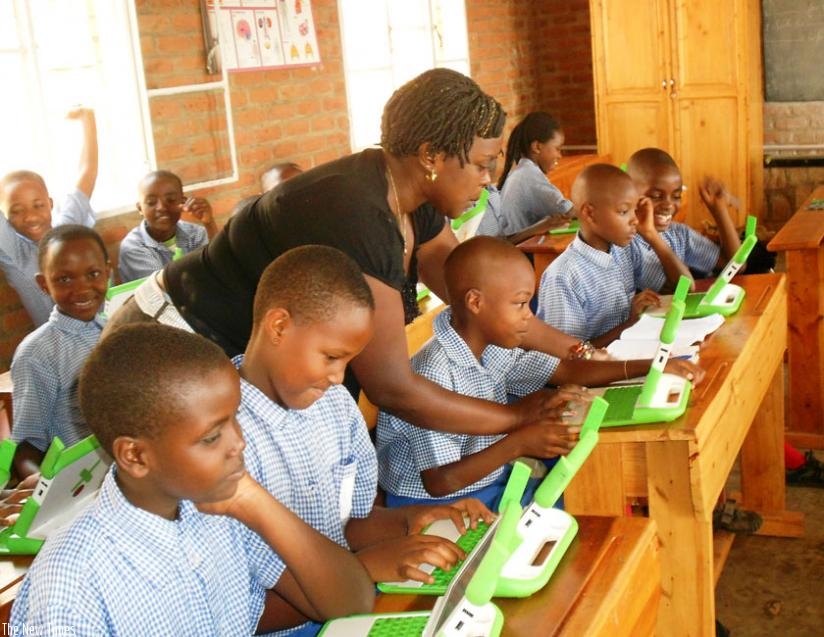What Mr. Odeke is suggesting is good but some of his suggestions are not possible. He is encouraging everyone to speak English but nothing is going to compel Rwandans to speak the language as they can all easily communicate in Kinyarwanda, unlike in Uganda where they are forced to do so due to various languages spoken there.


Editor,
RE: "We need to improve English proficiency across Rwanda” (The New Times, July 25).
What Mr. Odeke is suggesting is good but some of his suggestions are not possible. He is encouraging everyone to speak English but nothing is going to compel Rwandans to speak the language as they can all easily communicate in Kinyarwanda, unlike in Uganda where they are forced to do so due to various languages spoken there.
It is true that in Uganda, where I grew up as a Rwandan, the use of English is more widespread than in Rwanda due to several languages spoken there. But even there, children in rural areas are not better off than rural Rwandan school children.
Given that Rwandan teachers are also still struggling with the language, one of the solutions could be found in technology since many rural Rwandans children now have access to "One Laptop per Child”.
Kigali children are better skilled in English because of the exposure they have to the language. The same exposure can reach rural children by allowing them access to children’s online educational games and videos.
My four-year-old who has access to the programme can count up to 100 and can recite the alphabet from A to Z and yet nobody taught him. He simply learnt both skills from online children’s educational programmes. His vocabulary also seems to be more advanced for his age.
Rwandan teachers need to improve both spoken and written English. They could also benefit from online programmes, especially when it comes to English pronunciation.
Kelly


